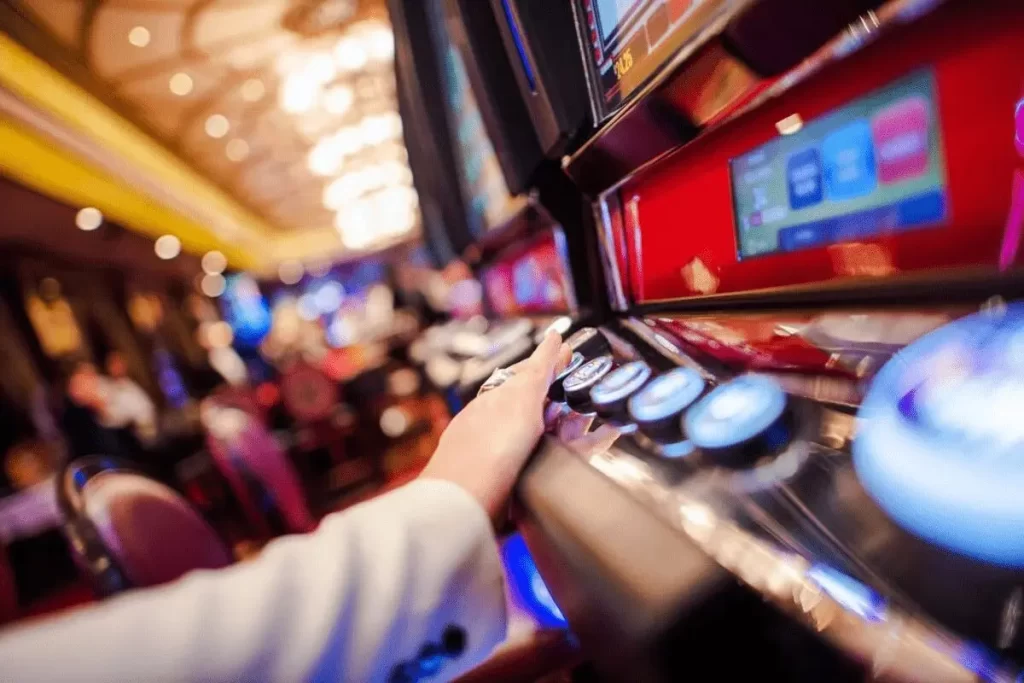Slot Machine Myths – Debunking Common Misconceptions

Many slot players believe that machines with higher jackpots have lower winning odds, as well as being “hot” or “cold” depending on how often it has paid out in the past.
Truth be told, these superstitions do not impact the outcome of any spin – rather, this decision lies solely with chance.
The gambler’s fallacy
The Gambler’s Fallacy is a cognitive bias in which people incorrectly believe that past events in random processes can influence future results. For example, if you’ve been losing at a casino game for an extended period, you might think you are due for a win; however, previous winning or losing streaks have no bearing on probabilities for future outcomes.
For instance, if a coin has recently flipped heads three times in a row, you may expect that its next flip will land on tails even though both outcomes have equal chances of happening – an effect known as mean reversion.
The gambler’s fallacy can be found not only in gambling games but also elsewhere such as investing. Investors, for instance, often sell winners too early and hold onto losers too long in hopes that trends will soon revers. Studies have demonstrated this phenomenon is mostly caused by representativeness heuristic biases as well as other cognitive distortions; however, recent brain imaging research indicates it can also be affected by neurological mechanisms.
The stop button
Slot Machines rely heavily on luck; streaks of wins or losses do not influence their outcome, and operators rarely manipulate these machines. Yet myths surrounding them exist and can affect players’ decisions; knowing how slot games operate will enable you to make informed gambling choices and enjoy a safe gaming experience.
Many players believe the odds on Slot Machines can be affected by time of day and past results, or by how frequently a particular machine pays out; or that more spins could predict future outcomes than usual. This belief stems from being physically involved with Slot Machines and feeling some sense of control over them.
However, pressing the stop button does not have any bearing on how a Slot Machine plays out; rather, pressing it only accelerates the spinning process without altering its outcome.
The time of day
There are countless videos and articles offering to teach players a foolproof strategy for slot machine betting, from watching for certain bill acceptor lights to “tricking” it by pressing buttons sequentially. While such methods may work for some players, none are guaranteed to bring any success – you need your own luck too.
Some players believe that time of day has an impact on slot machine odds. They think a machine may pay out higher stakes at certain times of day while paying lower ones at others – though this theory cannot be proven scientifically. However, this belief remains just that: an urban legend.
Slot machines are random, meaning there are no “hot or cold machines.” Additionally, streaks of winning or losing are entirely at random; therefore there is no way of predicting what the outcome of a spin may be. Therefore, players should focus on having fun while remaining responsible while gaming responsibly.
The last player’s win
Once upon a time when slot machines used levers instead of buttons, some players believed they could manipulate the outcome by pressing them faster than anyone before them. While this belief might have originated out of nostalgia and tradition, it simply isn’t true: speed of pressing has no bearing whatsoever on odds of winning.
Some players believe that just because one machine paid out a jackpot recently doesn’t mean it will do it again anytime soon; this is false as winning odds depend on random number generators.
One popular misconception regarding gambling slots is the belief that players can predict its result by following its sequence and tracking it back through time. Unfortunately, this is impossible since slots use random numbers with no predictable pattern that humans can track back through time; also meaning gambling establishments such as casinos or Illinois video gaming establishments cannot control payout rates of specific slots.


